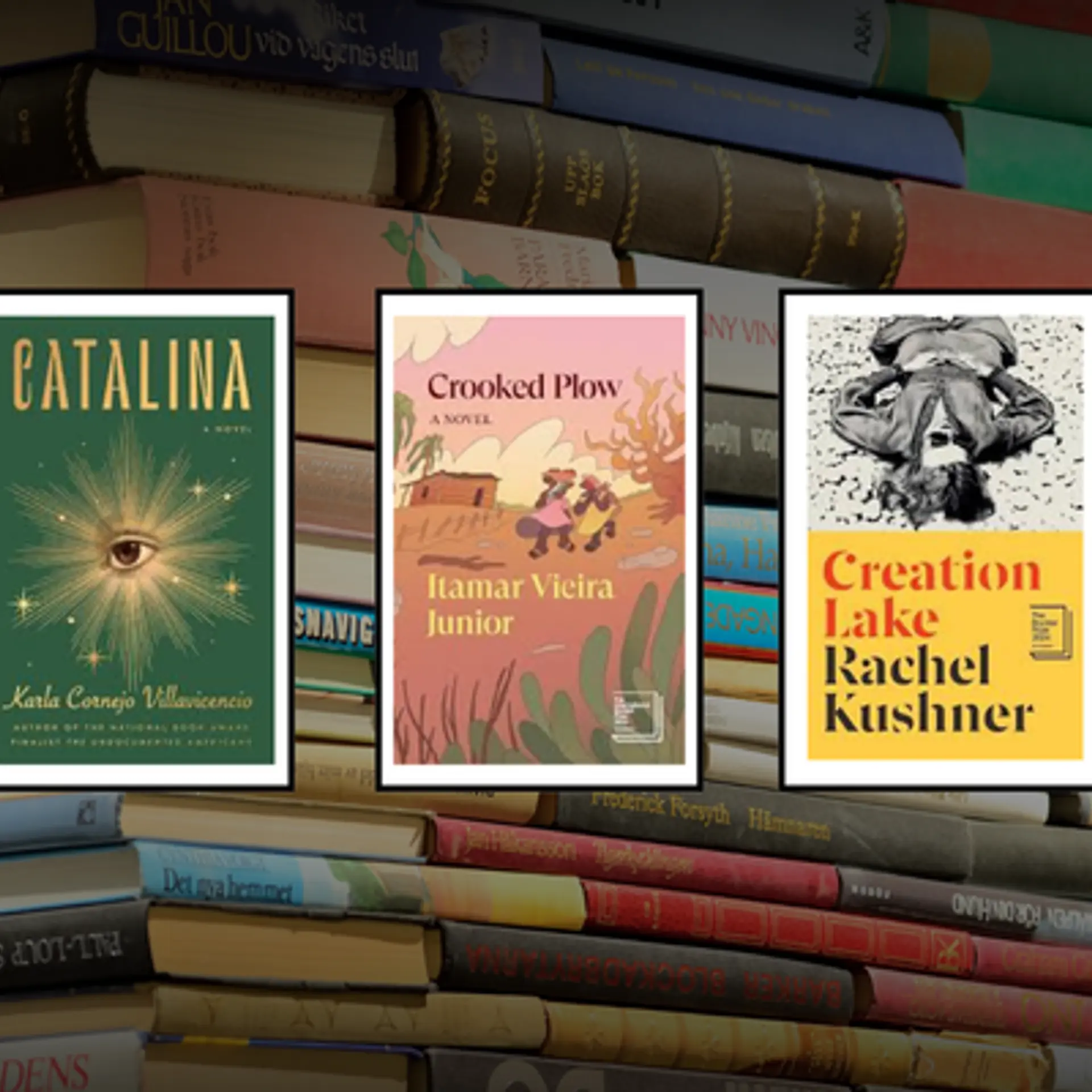Meet inspiring women entrepreneurs who built successful businesses based on art and craft
Among many other things, the internet is making skills in ancient crafts relevant to a wider audience in India and abroad. Here are a few women entrepreneurs who enabled it.
Most skills relating to traditional art and craft are often found in nooks and corners of the country. However, the internet is democratising this access, largely promoted by ecommerce engagement. Such platforms also ensure steady work and a regular source of income to artisans. On another level, these platforms ensure that ancient arts do not get relegated to history, but instead become a part of our everyday lives.
HerStory presents the women who identified the business opportunity in reviving arts and crafts, embedded in different cultures.
Radhika AJ
A rare bone disease made Radhika AJ spend most of her time at home. She went through a series of surgeries but her bones were still fragile and weak, and could break even without exertion.
In order to tackle depression and stay occupied, Radhika turned to craft, and the 20-year-old is now building a business out of it. Her brother would show her YouTube tutorial videos on craft, and she started designing greeting cards, pen holders, baskets, photo frames, boxes -- all from newspaper.
Today, Radhika is garnering attention online with a range of colourful African dolls she has made out of newspaper. She sold one to her family friend and got 25 more orders from the same family. Soon, word-of-mouth and the internet helped secure more demand for her craft. In the past three years, she has designed over 200 dolls and is just beginning to start.

Radhika AJ poses with her African doll figurines.
Parul Bajoria
Based in Durgapur, West Bengal, Parul Bajoria is helping traditional artisans make the best of ecommerce through her startup, Miharu.
Founded in 2013, Miharu works with dokra and baluchari artists in the suburbs of Kolkata, and curates designs for a range of jewellery, silk dupattas, and home décor products. And while she curates the collections, Parul Bajoria maintains the artists have the best knowledge on the working on the art and thus works according to their style.

Parul Bajoria, Founder of Miharu
Managing a Craftmark-certified venture, Parul earlier shared that she hopes to grow the initiative to twice its current size in two years. Miharu is named after her daughters Mihika and Arushi, who help Parul with social media marketing and gaining reach through Instagram and Facebook.
Pragya Jain
Pragya Jain claims she closely follows artists across the world to watch how they think and stir the world. However, she earned her own spot in the world of art when she held her first art show after graduating from the Delhi College of Art in 2005.
In 2011, while she was pregnant, Pragya launched Artychoke, an original and eco-conscious home interior brand. One can purchase furniture, wooden products, fabrics, and leatherette items, which are handcrafted by artisans based out of New Delhi.
While her own artworks are priced between Rs 25,000 to Rs 3 lakh, the products offered by Artychoke range from Rs 800 to Rs 50,000. Pragya has also exhibited women-oriented and contemporary shows in cities like Boston and New York.

Pragya Jain, Founder of Artychoke
Alka Sharma
Alka Sharma, 41, founded Aaravan in 2008, which manufactures home furnishings and accessories, women’s clothing like sarees, kurtas, shirt, tops, stoles, and pyjamas, and a range of garments for men and children as well.
Alka employs the ancient dying art called Dabu, which is a mud-resist block-printing technique used on fabrics. Originally from Rajasthan, the process is famous for producing cloth of exquisite craftsmanship and design. All handmade, the process also includes the tradition of indigo dyeing practised in Akola near Udaipur, Rajasthan.
A textile graduate from Jaipur, Sharma manages the operation from Udaipur and ensures all practices are eco-friendly and sustainable.

Alka Sharma, Founder of Aaravan
Purnima Singh
Purnima Singh started with her husband Chinmay Banthia with an investment of merely Rs 5 lakhs, and is seeing a turnover of Rs 1 crore this year.
The duo turned their backs on stable corporate jobs to focus on papier-mache handicrafts, with the idea of empowering the unskilled workforce and the marginalised community.

Purnima Singh, Founder of Shubham Crafts
Purnima and her husband train women in villages of Rajasthan and later have them produce baskets woven from natural grass and a range of terracotta products.
The B2B business delivers to wholesalers of home décor and big-size retail chains, and has attracted clients from the US and Europe as well. Notably, the startup has been able to turn half a million waste into useful products in the process.
(Edited by Ryan Frantz)










